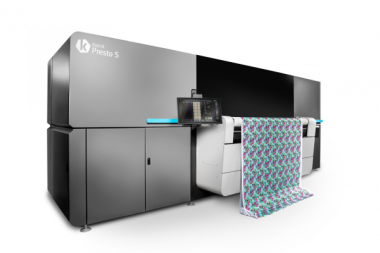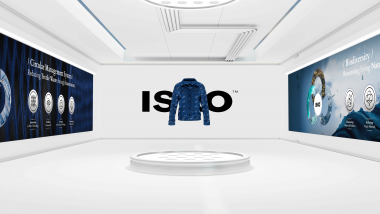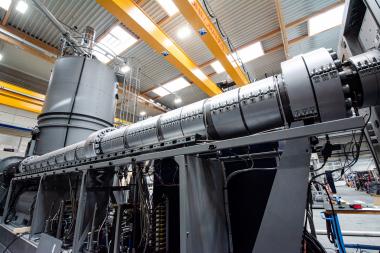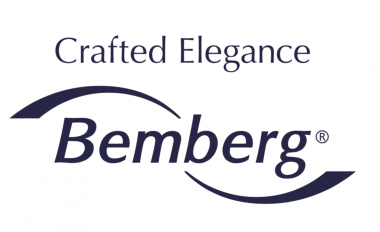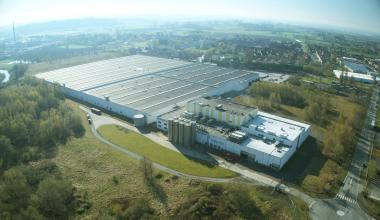Armalith presents Armalith 2.0® and its portfolio
«Armalith® is the story of my passions. Firstly textiles, which opened the doors to the great ready-to-wear and haute couture houses. Then motorcycling, an incredible vehicle for finding freedom and meeting people. In 2003, I combined these two passions by creating Armalith® with one idea in mind: to offer the best possible protection to bikers without compromising on the comfort and authenticity of a real pair of jeans. Today, Armalith 2.0® is the denim of choice for the most prestigious brands for their abrasion protection equipment.» Pierre-Henry Servajean, Armalith® MK Support manager.
Armalith 2.0 in facts:
- The mechanical qualities of leather with the comfort of denim
- Extreme resistance to cuts, traction, tears and abrasion
- High UV resistance that preserves its mechanical properties
- One layer for resistance that is superior to any lined products
High technology for high security
The heart of the armour is made of UHMWPE (high molecular weight polyethylene). This high resistance fiber comes from aerospace research; it is used for space module re-entry ropes, military armour, mooring cables for offshore platforms and more. This core is then covered with a cotton fiber using an exclusive and patented process, and combined with LYCRA® dualFX® technology for a powerful and durable stretch.
High resistance for high protection
High-tech integrated into authentic denim for unique comfort and protection, Armalith 2.0® meets the most demanding standards such as Darmstadt and Cambridge, which are more scientific than the CE certification.
Armalith 2.0® is available in 3 grades - A, AA and AAA - to cover all needs from urban use to maximum protection against abrasion. In its EXO (KNIT) form, Armalith 2.0® can be used as a lining to increase resistance in specific areas without using other uncomfortable solutions.
High comfort for high style
Safety in a single layer of fabric, comfort, softness, stretchability, and style! Armalith 2.0® is a real denim. Soft, supple, comfortable, breathable and hydrophilic, it allows all the usual textures, dyes, prints and finishing in low temperatures.
Armalith 2.0® is an ethical and responsible denim
- GRS cotton sourced from Greece.
- Designed in France, manufactured and produced on a single site - spinning, dyeing, indigo, weaving, finishing - at Tejidos Royo in Spain.
- UHMWPE fibre requires half the energy to produce than aramids.
- The UHMWPE fibre used under the ARMALITH 2.0® patent is continuous (no energy-intensive cracking) and untextured (no energy-intensive texturing).
- All Armalith 2.0® denim manufacturing processes are carried out at low temperatures: a world first for stretch fabrics.
- No heavy metals used in the pigments, the indigo is made using a slow, cold, waterless process
- Resistant to more than a thousand washes for greater longevity and without loss of elasticity.
ARMALITH® / VIA VENETO






